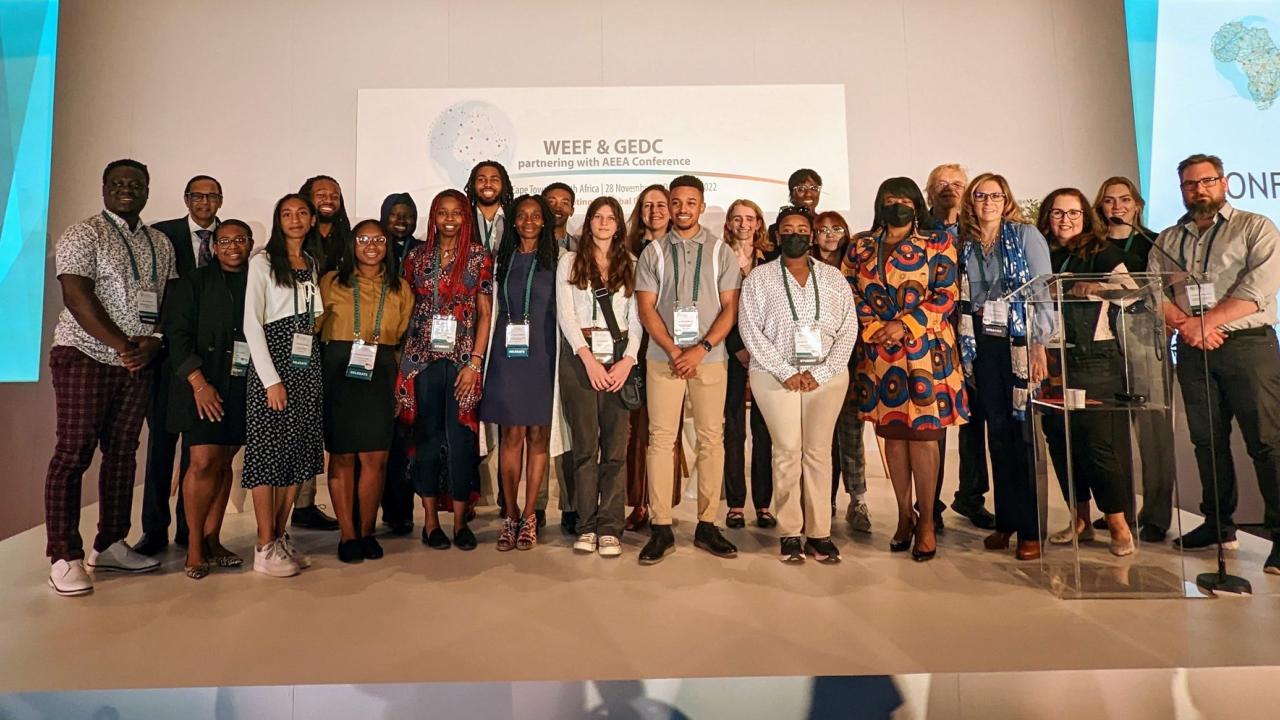
UC Davis Receives NSF Funding to Expand Leadership Opportunities for Engineering Graduate Students
Grant provides leadership development and mentorship for graduate students while still in school
UC Davis recently received an award from the National Science Foundation to expand leadership opportunities and create a leadership pipeline for engineering graduate students.
The NSF Broadening Participation in Engineering Award includes nearly $400,000 in funding which will bring an executive leadership program for engineering graduate students called PROMISE Engineering Institute Mentoring Academy (PEI-MA). Vice chancellor of Diversity, Equity and Inclusion at UC Davis Renetta Garrison Tull is principal investigator of this project that also includes involvement from faculty at Stanford University and University of Maryland.
“There are many executive leadership programs out there, however they typically are only available to career professionals who are already in leadership roles or are on a track toward becoming executive leaders of organizations,” said Vice Chancellor Tull. “This project is unique in that it brings this type of focused and impactful experience to graduate students while they are still in school. We think this will have a tremendous impact on catapulting their leadership potential and create a pipeline for more diverse leaders to enter academia in future.”
The PEI-MA will put graduate students into a leadership ecosystem early, while they are still in school, and will expose them to accomplished leaders who are already university presidents.
The PEI-MA will leverage the recent successes of Black engineering deans who have become university presidents and will utilize dean-to-president exemplars as distinguished speakers to encourage participants to see themselves as future engineering leaders. The speakers will share successes, challenges and advice for navigating the early career years of the professorial landscape and trajectories that led to tenure, leadership opportunities, deanships and university presidencies—all while integrating cultural issues.
Vice Chancellor Tull said efforts such as this are essential for diversifying the administrative and faculty roles in higher education.
“If we truly want to diversify academia, we must start by giving our graduate students the skills they need to succeed and illuminate the path forward toward attaining those leadership positions,” she said.
“Mentorship programs such as PROMISE Engineering Institute Mentoring Academy are essential because they present graduate students the opportunity to engage in candid conversations with those in academic leadership positions during formative years of their graduate education. I think this approach will, in turn, bring about lasting leadership development because it is authentic and rooted in real-world applications.”
